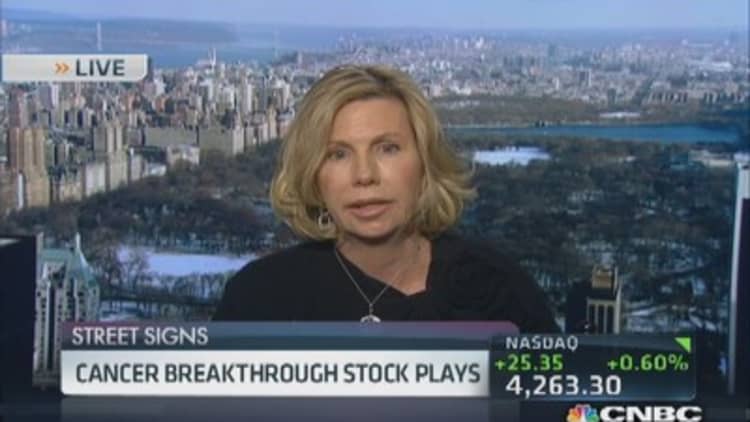With the recent slowdown in a number of emerging markets economies, many are proclaiming an end to the recent era in which they were the chief engine of global economic growth. While there's no denying that emerging markets expansion is not as robust as it has been in recent years—whether a shorter-term function of cyclicality or a longer-term slowdown in economic development—we believe the long view of these markets will prove to be a positive one, particularly in health care.
We're able to take this more patient and confident view of the situation because, as a 125-year-old company, we've seen it before. For instance, when a number of Latin American countries went through a sustained period of political and economic volatility in the 1970s and '80s, many multinational companies pulled out. We stayed through those challenging times and were well positioned when those economies eventually rebounded.
But our view is based on more than just historical precedent. The economic fundamentals also indicate that emerging markets are well positioned to sustain their higher growth potential. They boast a higher labor participation rate than developed economies, as well as improving labor productivity—both key drivers of growth. This fact alone means that multinational companies have to be invested in these countries to win in the global market.
According to a study by McKinsey & Co., the consuming class in emerging markets will nearly double to 4.2 billion consumers out of a global population of 7.9 billion people by 2025. Additionally, Ernst & Young estimates that over the next two decades, the middle class will expand by 3 billion people, coming almost exclusively from the emerging world. As a result, McKinsey projects annual consumption by these citizens will reach $30 trillion per year in that time frame, and the GDP of these economies will exceed that of developed countries.
(Read more: Finding reason to invest in India amid BRIC slide)
These growth trends have significant implications for all global companies, particularly those in the health-care industry. As these nations move up the income curve, one of their first priorities is improving their people's access to health care. According to a study in the Journal of Health Care Finance and Economics, health-care spending is most responsive to income increases in middle-income countries.
And these so-called middle-income countries, as defined by the World Bank, include today's leading emerging markets—Brazil, China, India, Indonesia, Malaysia, Mexico, the Philippines, Russia and Turkey—more than 3 billion people with rising incomes and expectations for their lives. As a result, according to the study, they commit more than one-third more of their incremental income growth to health-care spending than do people in high-income countries, and more than 50 percent more than those in low-income countries.
While there has been a recent slowing in the growth rate of emerging economies from the torrid pace of the past decade, they continue to grow at a faster pace than the rest of the world. In its latest outlook report, the IMF expects that in the next five years, emerging economies will grow at nearly 1.5 times the pace of the world average and more than twice that of developed markets. While the pace may vary and there naturally will be fits and starts, this trend will remain powerful.

(Read more: Google makes huge investment in clean energy)
To capture the dual opportunities of broad economic growth plus heightened health-care investment, Abbott has invested strategically in building its presence in emerging countries. We've focused on localization, building both research and manufacturing capacity in key markets, including China and India. We've introduced locally relevant products, built strong distribution systems and forged partnerships to broaden our offerings for the market.
These strategies have made emerging markets one of our key growth drivers in recent years, and we expect them to remain so in the future. For instance, our sales in India and China alone have nearly doubled since 2010, and we expect to grow double digits in emerging markets over the next few years. There will no doubt be economic and currency fluctuations, as we've seen in recent months. Developed markets smooth out those fluctuations and will remain a strong and important part of our business, but it's clear the greatest growth potential lies in emerging economies. That's why we're there and why we'll stay.
—Thomas Freyman, CFO, Abbott Laboratories & CNBC Global CFO Council member





